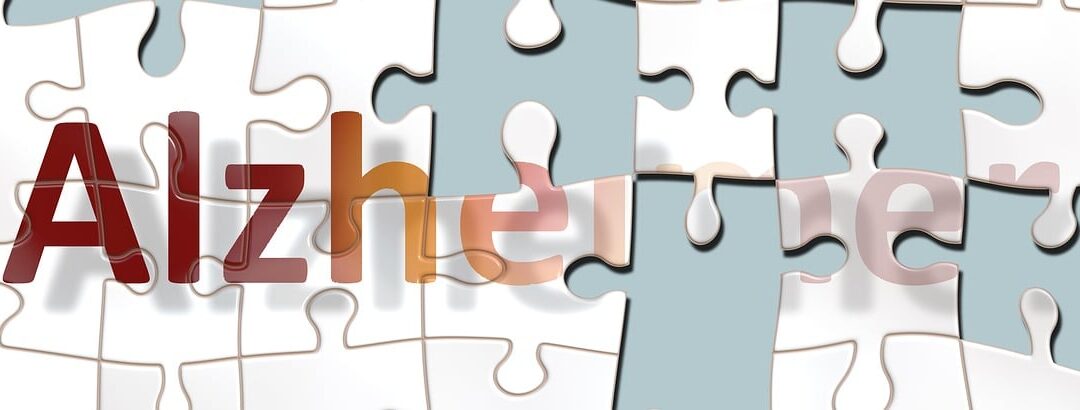Acupuncture has been explored as a complementary therapy for Alzheimer’s disease (AD), with research suggesting several potential benefits. Here are the key ways acupuncture might assist in managing Alzheimer’s:
Mechanisms and Benefits
1. Neuroprotection
* Reduction of Neuroinflammation: Acupuncture may help reduce inflammation in the brain, which is a significant factor in Alzheimer’s progression. By modulating inflammatory pathways, it can potentially slow down neuronal damage.
* Promotion of Neurogenesis: Some studies indicate that acupuncture might promote the growth of new neurons, particularly in the hippocampus, a region critical for memory and learning.
2. Cognitive Function:
* Improvement in Cognitive Abilities: Clinical trials have shown that acupuncture can improve cognitive function and daily living activities in Alzheimer’s patients. This might be through enhancing cerebral blood flow and increasing the release of neurotrophic factors.
3. Regulation of Neurotransmitters:
* Balance of Neurotransmitters: Acupuncture can influence the levels of neurotransmitters like acetylcholine, which is crucial for memory and learning. It may also help balance other neurotransmitters involved in mood and cognition, such as dopamine and serotonin.
4. Oxidative Stress Reduction:
* Antioxidant Effects: By reducing oxidative stress, acupuncture might protect neurons from damage caused by free radicals. This protective effect can contribute to slowing the progression of Alzheimer’s.
5. Management of Symptoms:
* Reduction in Behavioral and Psychological Symptoms: Acupuncture has been reported to alleviate symptoms such as anxiety, depression, and sleep disturbances, which are common in Alzheimer’s patients. This improvement in overall well-being can indirectly support cognitive function.
Practical Applications
Specific Points:
Zhu scalp acupuncture use the memory loss areas such as head and face area and upper jiao area.
Combined Approaches:
Combining acupuncture with other therapies, such as herbal medicine, dietary changes and the Bredesen protocol found here or conventional treatments, might enhance the overall therapeutic effect. Integrative approaches are often more effective in managing complex conditions like Alzheimer’s.
Research and Evidence
Clinical Trials:
* Some randomized controlled trials have shown positive results, but the quality and size of these studies vary. Larger and more rigorous trials are needed to confirm these findings and establish standardized protocols.
* Animal Studies: Preclinical studies in animal models have provided insights into the mechanisms by which acupuncture might exert its effects, supporting the neuroprotective and cognitive benefits observed in humans.
Conclusion
Acupuncture shows promise as a complementary therapy for Alzheimer’s disease, potentially offering neuroprotection, cognitive improvements, and symptom management. However, further research is needed to fully understand its efficacy and optimize treatment protocols.




